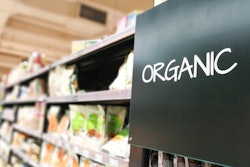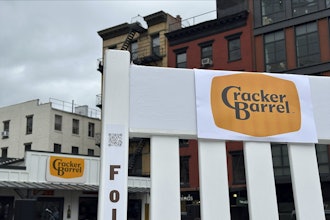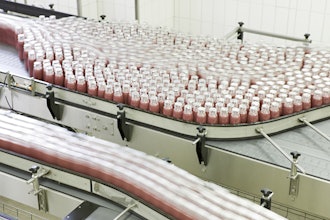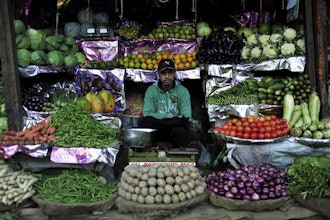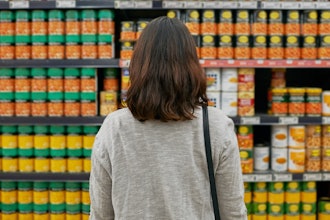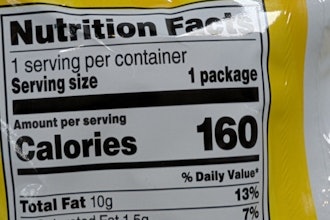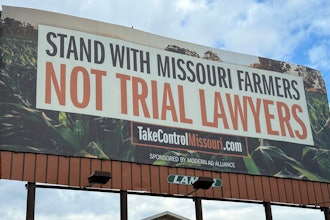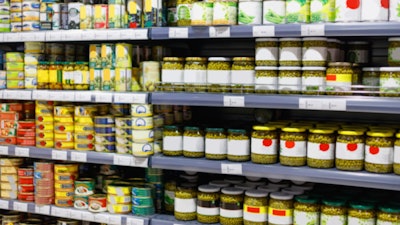
On Wednesday, the US Food and Drug Administration issued a final rule to establish compliance requirements for fermented and hydrolyzed foods, or foods that contain fermented or hydrolyzed ingredients, and that bear the “gluten-free” claim. The rule pertains to foods such as soy sauce, yogurt, sauerkraut, pickles, cheese and green olives. Distilled foods, such as distilled vinegars, are also included in the final rule.
“These new compliance requirements for labeling a product ‘gluten-free’ will protect individuals with celiac disease, an incurable, hereditary disorder that millions of Americans, including myself, live with,” said HHS Secretary Alex Azar. “The FDA’s final rule helps to ensure common products labeled ‘gluten-free’ really are gluten-free, equipping consumers to make the best choices for their health and their families.”
The final rule adds compliance requirements for hydrolyzed or fermented foods that use the “gluten-free” labeling claim, since gluten breaks down during these processes and currently available analytical methods cannot be used to determine if these products meet the “gluten-free” definition. The rule requires manufacturers of these food products to make and keep records providing adequate assurance that: the food meets the definition of “gluten-free” before fermentation or hydrolysis; the manufacturer has adequately evaluated the potential for cross-contact with gluten during the manufacturing process; and if necessary, measures are in place to prevent the introduction of gluten into the food during the manufacturing process. The rule also discusses how FDA will verify compliance for distilled products. The definition of “gluten-free,” established in 2013, is not changed by this new final rule.
“The FDA continues to work to protect people with celiac disease, which impacts at least 3 million Americans,” said FDA Commissioner Stephen M. Hahn, M.D. “The agency has taken a number of steps on this front by first establishing a standardized definition of ‘gluten-free,’ and now by continuing to work to ensure manufacturers are keeping the products that are labeled with this claim gluten-free.”
Gluten is a mixture of proteins found in wheat, rye and barley that may cause adverse health effects in people with celiac disease. For those with celiac disease, foods that contain gluten trigger production of antibodies that attack and damage the lining of the small intestine. Such damage limits the ability of people with celiac disease to absorb nutrients and puts them at risk of other serious health problems, including nutritional deficiencies, osteoporosis, growth retardation, infertility, miscarriages, short stature and intestinal cancers.
The FDA, an agency within the U.S. Department of Health and Human Services, protects the public health by assuring the safety, effectiveness, and security of human and veterinary drugs, vaccines and other biological products for human use, and medical devices. The agency also is responsible for the safety and security of our nation’s food supply, cosmetics, dietary supplements, products that give off electronic radiation, and for regulating tobacco products.




